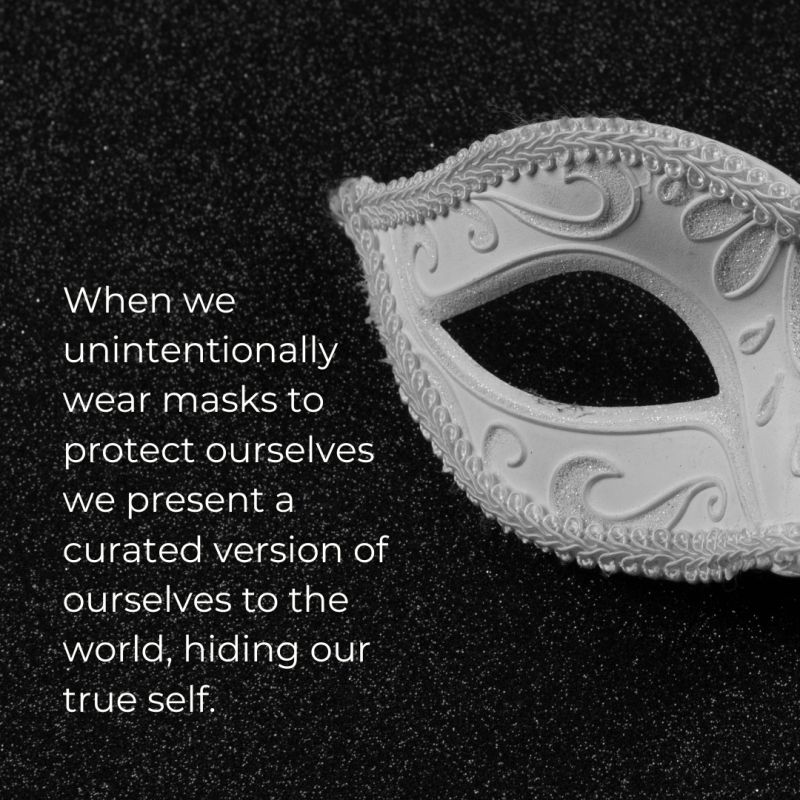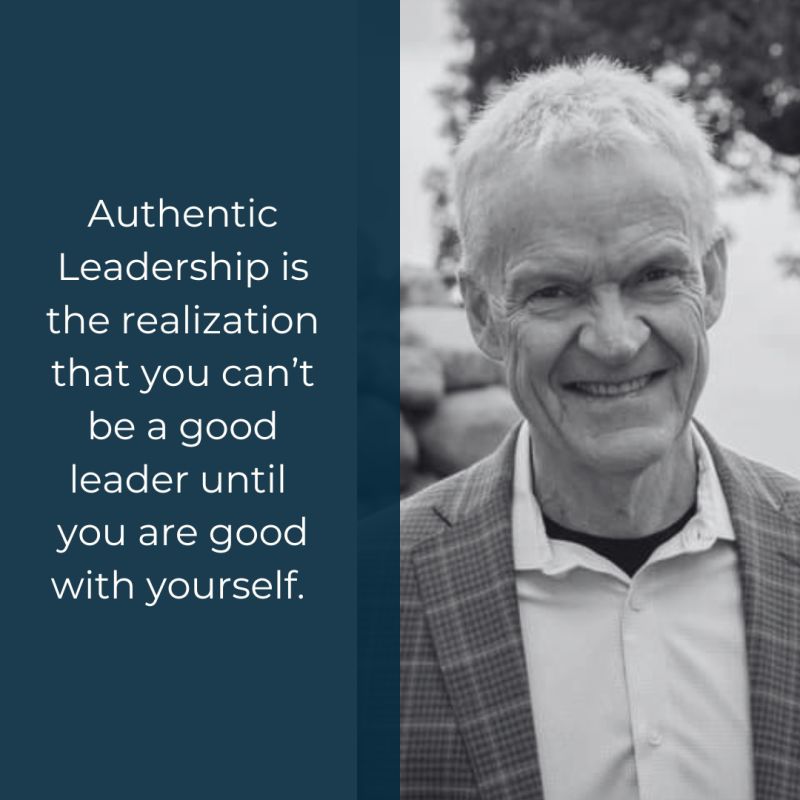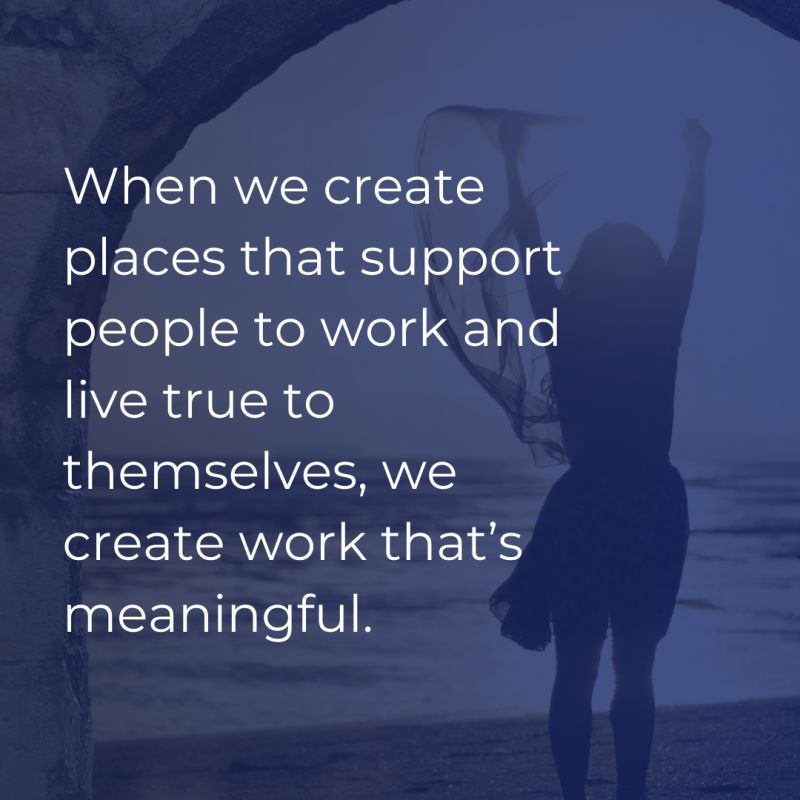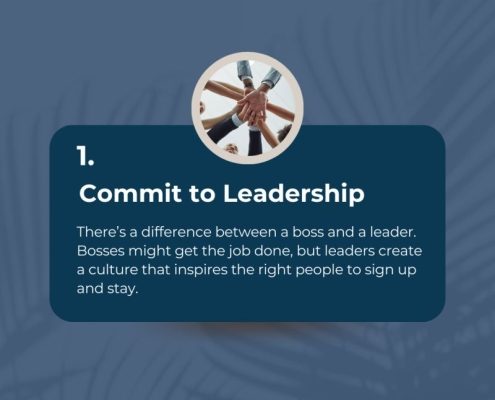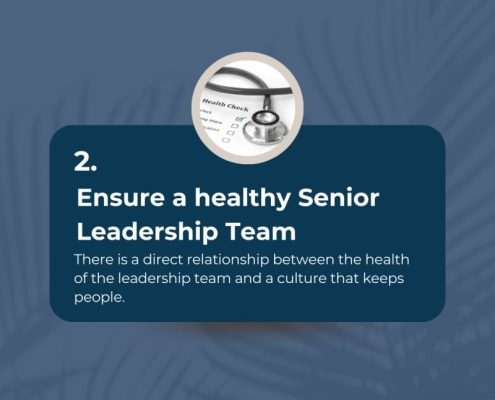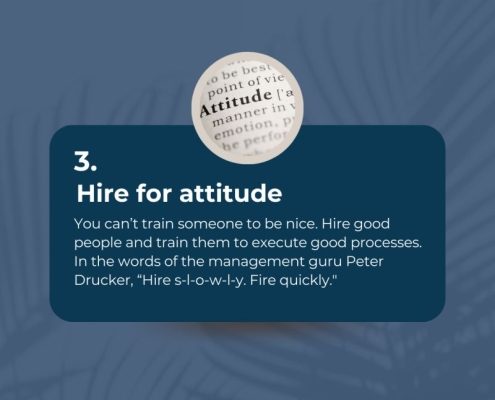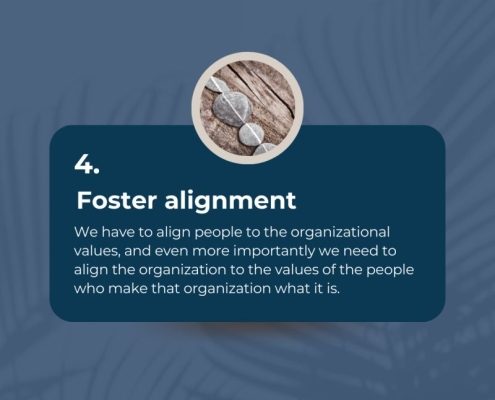I love Halloween.
I love going to a party wearing a mask so people don’t know who you are. I would even dress up when I took our daughters trick or treating. It’s a blast being incognito.
However, when we unintentionally wear masks to protect ourselves we present a curated version of ourselves to the world, hiding our true self. We can identify so strongly with the mask – the calm mask, the humor mask, the overachiever mask, the accountable mask, the perfectionistic mask, the people-pleasing mask – that we aren’t even aware we are wearing one or who our real self is any longer.
While they serve important protective functions, prolonged masking can take a toll on our mental health. Suppressing true emotions can lead to anger, rage, depression, and disease in the body. It’s exhausting and isolating.
So have fun wearing masks this Halloween. Just be sure you choose to wear them and know when to take them off and reveal the real you.
